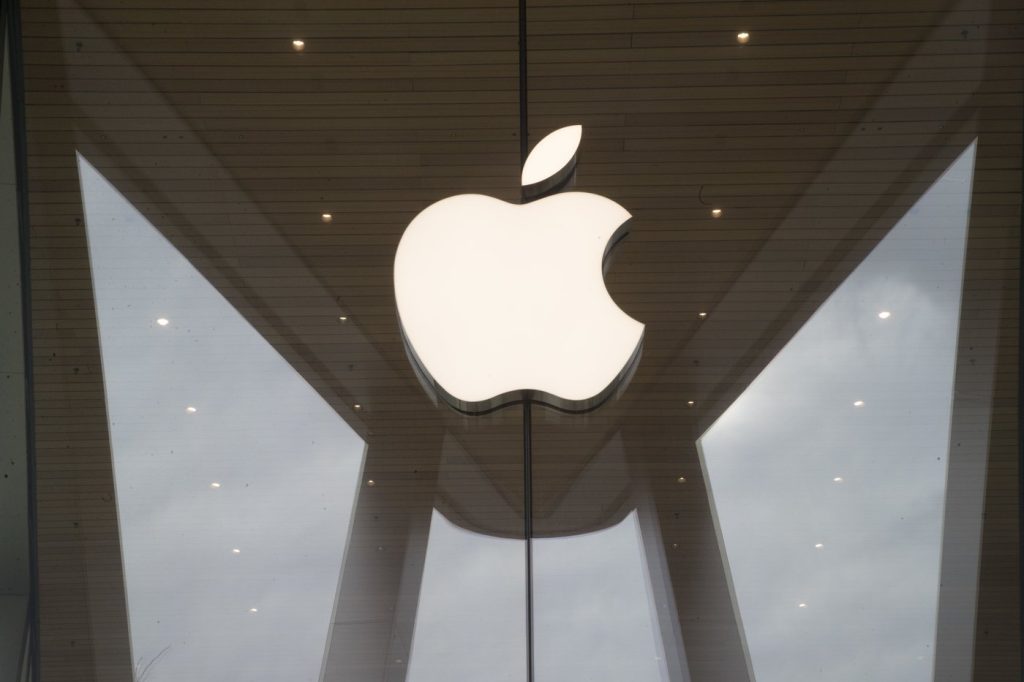SAN FRANCISCO (AP) — A three-judge appeals panel has denied Apple's request to pause an April 30 order that prohibits the tech giant from charging fees on in-app transactions processed outside its previously exclusive payment system. This two-page decision, issued late Thursday, poses a significant challenge for Apple as it seeks to overturn the order that limits its commissions from e-commerce within iPhone applications.
The recent ruling could impact billions of dollars in revenue for Apple, which has relied heavily on the commissions between 15% to 30% it collects from transactions made within iPhone apps. The core of this legal dispute stems from allegations made by video game developer Epic Games, which initiated the antitrust case nearly five years ago. Epic accused Apple of monopolizing the app store, essentially turning it into a platform for price-gouging.
U.S. District Judge Yvonne Gonzalez-Rogers initially issued the order, marking a powerful rebuke to Apple. In addition to banning the fee structure, she held the company in civil contempt of court and suggested the possibility of a criminal investigation into potential perjury by one of its executives during court proceedings in Oakland, California.
While Apple is actively seeking to overturn Gonzalez-Rogers' ruling in the Ninth Circuit Court of Appeals, her order addressing the blocking of in-app commissions will remain effective, potentially creating a substantial dent in the company’s revenue stream. Following the appeals court's ruling, Epic Games CEO Tim Sweeney expressed his satisfaction, declaring the end of what he referred to as the "long national nightmare of the Apple tax." He made this comment in a social media post after the court denied Apple's request.
In a previous ruling in 2021, Gonzalez-Rogers had mostly sided with Apple, but she mandated that the company allow apps to include links to alternative payment systems. This decision withstood various appeals, reaching as high as the Supreme Court in 2024, which further complicated Apple's position. Subsequently, Apple complied but implemented a slightly reduced commission structure of 12% to 27%, which led Epic to request that Gonzalez-Rogers hold Apple in contempt for non-compliance with her earlier order.
Following this, Gonzalez-Rogers conducted a new series of hearings that extended over nine months, which included testimonies and evidence from both parties. The hearings took place over the course of the previous year and the current year, culminating in Gonzalez-Rogers issuing another significant ruling against Apple.
The case represents a pivotal moment in the ongoing debate surrounding app store practices and the control tech companies maintain over payment systems within their platforms. As the legal battle unfolds, all eyes remain on the Ninth Circuit Court, where Apple continues its appeals process in an attempt to regain its previous operating structure.
Michael Liedtke, The Associated Press










